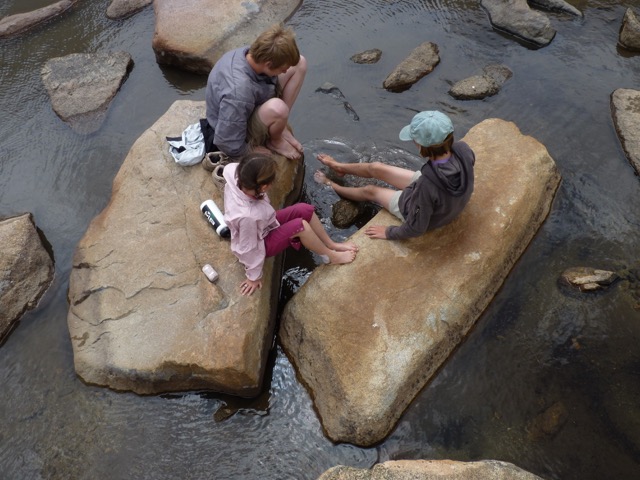The state of Wyoming wants to allow substantially higher levels of E. coli in more than three-quarters of its streams. What can you do?

Photo: Scott Kane
Last summer, the state of Wyoming made a decision—we think it’s a bad one—that would allow up to five times more E. coli than was previously permissible in more than three-quarters of the state’s surface waters. This includes thousands of miles of streams on national forests and other public lands.
Families, youth campers, hikers, and anglers routinely use many of the affected streams for recreation. Across Wyoming, our livelihoods and our lives depend on clean water.
The Wyoming Outdoor Council worked hard this winter to give the Environmental Protection Agency the information and feedback it needs to disapprove this decision by the state, and many of you helped with that effort.
Now we need you to show your support for clean water in Wyoming again: on June 5, 2015, the EPA informed the Wyoming Department of Environmental Quality that it must hold a public hearing and reach out to recreational groups before the EPA can approve the new, higher permissible levels of E. coli. Find the public notice here.
Based on your own personal experiences, we are asking for your help to submit comments, or, better yet, to attend this meeting and make the point to the DEQ that primary contact recreation (i.e. swimming, bathing, and similar activities involving a high degree of contact with the water) can and does often occur on these low flow streams in rural and undeveloped areas.
Public Hearing for Categorical Use Attainability Analysis
5:30 – 8:30 p.m. Wednesday, September 16
Oil and Gas Conservation Commission, Basko Building
2211 King Boulevard, Casper, WY
If you can’t make it to this event, click here to send a letter to the DEQ. Furthermore, if you can provide personal photos of recreation in these low flow streams as shown in light blue on this map, please consider including copies of your photos along with your letter.
Your comments and photos will serve as evidence that people do, indeed, participate in primary contact recreation in these streams where higher levels of E. coli are would be allowed.
